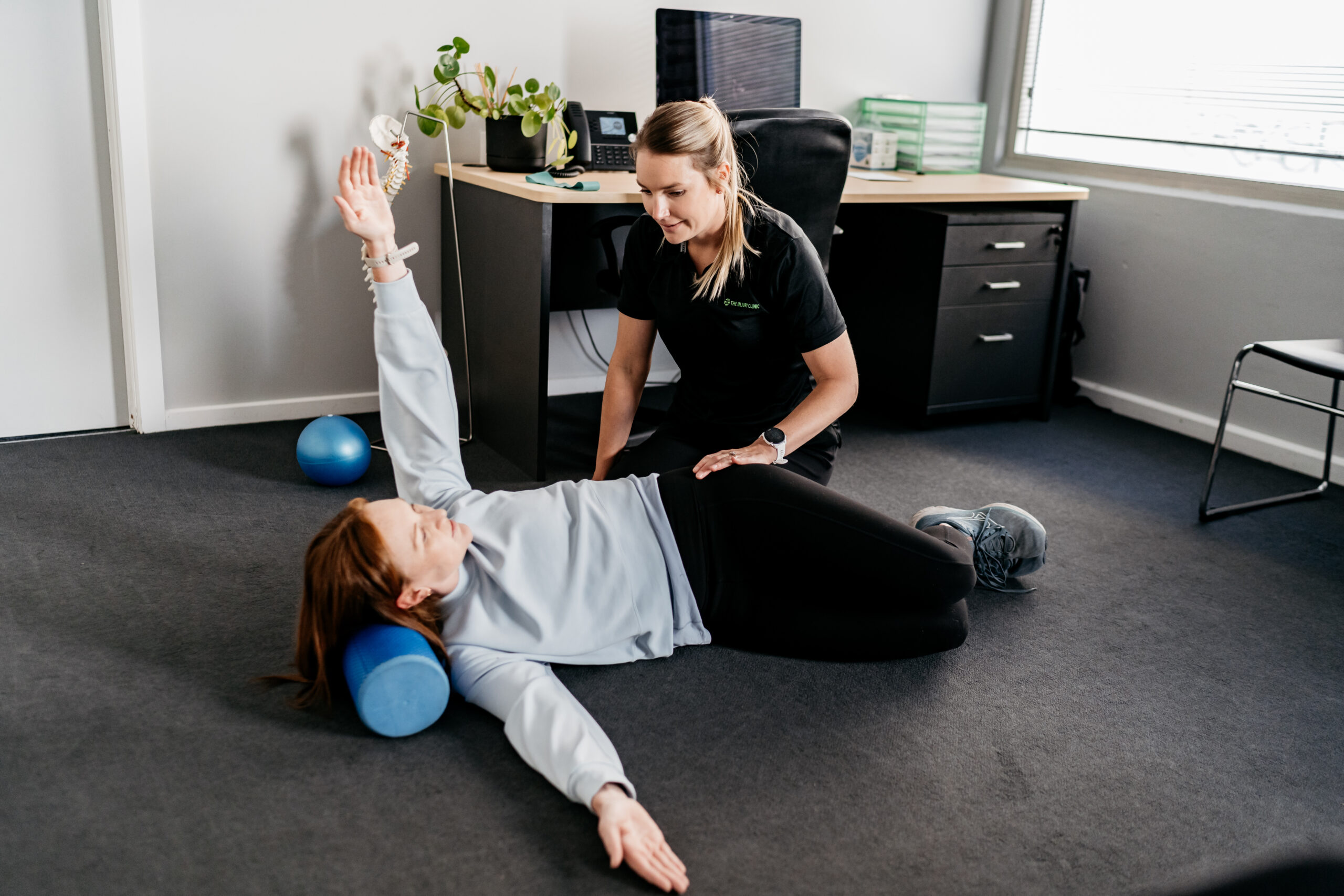
We hosted an event around the active female back in September.
Liz Quinn, Physiotherapist, has answered questions from the night.
Check them out below!
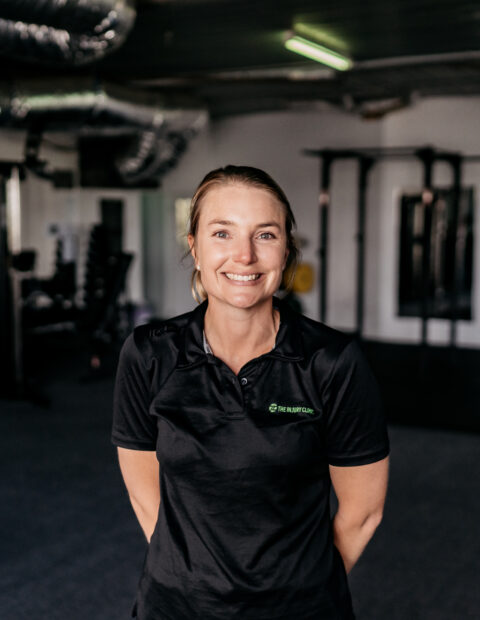


Is there a resource that guides types of training based on the menstrual cycle?
Not at this stage, unfortunately there isn’t anything specific. There are some things that are worth considering (ie. not introducing new skills or challenging plyometrics when there is an increase in ligament laxity in days 9-14 of the cycle) but these need to be made on an individual basis. These factors will also depend on how someone tolerates the fluctuations in hormones.
You mentioned that in Phase 2 of the cycle, ligament laxity is decreased; does this have a greater effect on someone living with joint hypermobility?
In regards to the ligament laxity, my understanding is that it can vary from person to person regardless of how mobile they are. It would perhaps be more challenging for someone who is already hypermobile to control the additional movement. This is because their muscles are already working harder than the average person, so the added laxity may make it extremely hard for them to control even just a little bit of extra movement.
Red S; is there a way that this can be tested? How is it identified?
Diagnosis can be quite difficult, but is usually made in conjunction with a dietitian and sports physician. My understanding is they consider the range of symptoms and then make a diagnosis rather than there being a test (like a blood test or similar) that can be done. As physio’s there are often presentations that make us concerned and we then refer on to whomever is most appropriate.
When would be a good time to bring up my cycle with my coach? What information becomes important?
It is always a good time to bring up your cycle with your coach! They may not specifically ask about it, but if you are seeing our strength and conditioning coaches here they are always happy and open to discuss anything that you have noticed regarding your cycle. This may include things such as:
- Pain – particularly if you find there are certain stages that are particularly painful,
- Ovulation – this may be beneficial to help with programming to make sure there isn’t any increase in plyometrics during the stage you are most likely to be experiencing increased ligament laxity,
- Any other cyclic changes that you notice – this might even be that you have reduced motivation at certain stages.
If you have a coach outside of the clinic, the same information is likely to be relevant. You may just feel that you need to approach the conversation slightly differently as they may not necessarily understand the relevance of the information.
Are there any supplements that can be taken during the phase of bleeding in the menstrual cycle? Which and when?
Most supplements are poorly studied in relation to the menstrual cycle. Some supplements have some emerging evidence, these include:
- Vitamin E: demonstrates promising evidence for reducing period pain. To be consumed the 2 days prior and during menstruation.
- Vitamin D: evidence to support helping to regulate cycle, relieve muscle pain and improve mood. However these benefits have only been seen in those with a deficiency.
- Zinc: Evidence to support relief of menstrual pain and cramping. To be taken for 3-6 days before and during menstruation.
Other supplements with lower level evidence:
- Vitamins B6 and B1 helping with PMS, pain, cramps and mood disturbance. Best combined as a Multi B vitamin.
- Magnesium in relieving cramps and improving premenstrual mood.
- Calcium in helping with PMS, reducing cramps, fluid retention and food cravings.
- Fish oil in relieving menstrual pain and cramping.
Some supplements should be taken separately. These should be taken at least 2 hours apart. These include:
- Iron and calcium as they may compete for absorption.
- Iron and zinc as high dose iron supplements inhibit zinc absorption.
- Vitamin E and vitamin K as they are similar, they may compete for absorption.
Are there any FODMAP specific considerations when looking at nutrition and running?
Yes there are some FODMAP considerations in relation to running however these are highly individualised. FODMAPs are a group of carbohydrates that are not completely digested or absorbed in our intestines. FODMAPs stands for:
-Fermentable
-Oligosaccharides
-Disaccharides
-Monosaccharides
and
-Polyols.
In runners there is reduced blood flow to the digestive system during exercise which can result in the gut being more susceptible to gastrointestinal distress during and after exercise.
Firstly fat, fibre, caffeine and supplement intake are investigated to assess if they are the cause of any symptoms or gut issues. Once ruled out, a Low FODMAP diet can be followed for the 1-3 days leading up to a training session that emulates competition. If successful in reducing GI symptoms this can then be implemented on race day.
If you are having exercise related gastrointestinal issues consult a dietitian for individualised advice on the best management.
Is there anything from a diet perspective that might help with premenstrual bloating?
We consider diet a key factor in reducing and managing PMS symptoms, however research on the actual effect of foods and nutrients on PMS is limited with insufficient evidence to support clear recommendations.
However, some strategies that may reduce bloating and assist with comfort are consuming smaller, more frequent meals, limiting alcohol, and avoiding high salt foods (as it leads to fluid retention).
Fluid shifts across the menstrual cycle are due to hormonal changes within our endocrine and renal systems. These fluid shifts can lead to feelings of bloating. However, this usually resolves and there is no true weight gain even if weight on the scales has changed.
Schedule your next visit
If you’re interested in booking an appointment with one of our team members, contact our clinic today and we’ll be happy to find time for a consultation.
Schedule ConsultExplore our physiotherapy services
Musculoskeletal
Physiotherapy
At The Injury Clinic Physiotherapy, we work closely with our clients to get them back doing the things they love as soon as possible.
Sports
Physiotherapy
The Injury Clinic Physiotherapy works with recreational to elite athletes to keep them injury free and achieving their goals.
Dry
Needling
All physiotherapists at The Injury Clinic Physiotherapy are qualified and experienced in dry needling as a treatment technique.
Running Related Injuries
Physiotherapists at The Injury Clinic Physiotherapy have a special interest in the diagnosis and management of running-related injuries.
Women's Health
Physiotherapy
We have physiotherapists with a special interest in Women's Health, including pre and post partum presentations. Let us work with you to stay fit, active and healthy.
Pre & Post-Operative
Physiotherapy
Physiotherapists at The Injury Clinic Physiotherapy work closely with surgeons to ensure best outcomes post surgery.
Injury Q&A
Our clinicians have been answering all your questions!
Running Analysis
The goal of a running analysis is to identify aspects of your technique that may be contributing to injury or impacting on efficiency.
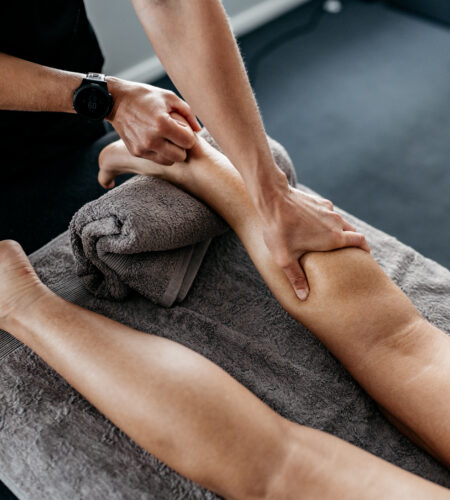

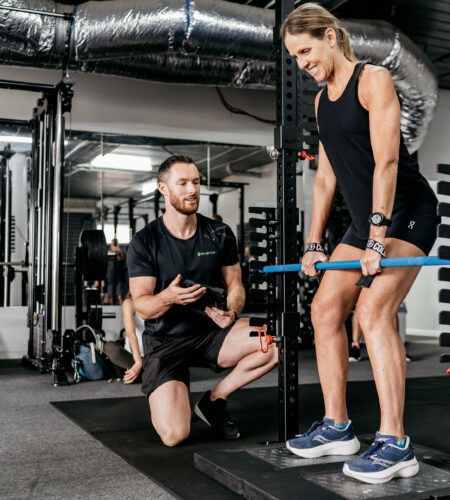

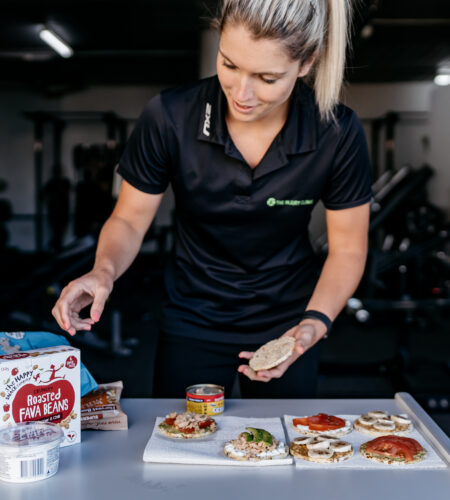

Schedule your next visit
If you’re interested in booking an appointment with one of our team members, contact our clinic today and we’ll be happy to find time for a consultation.
Schedule Consult